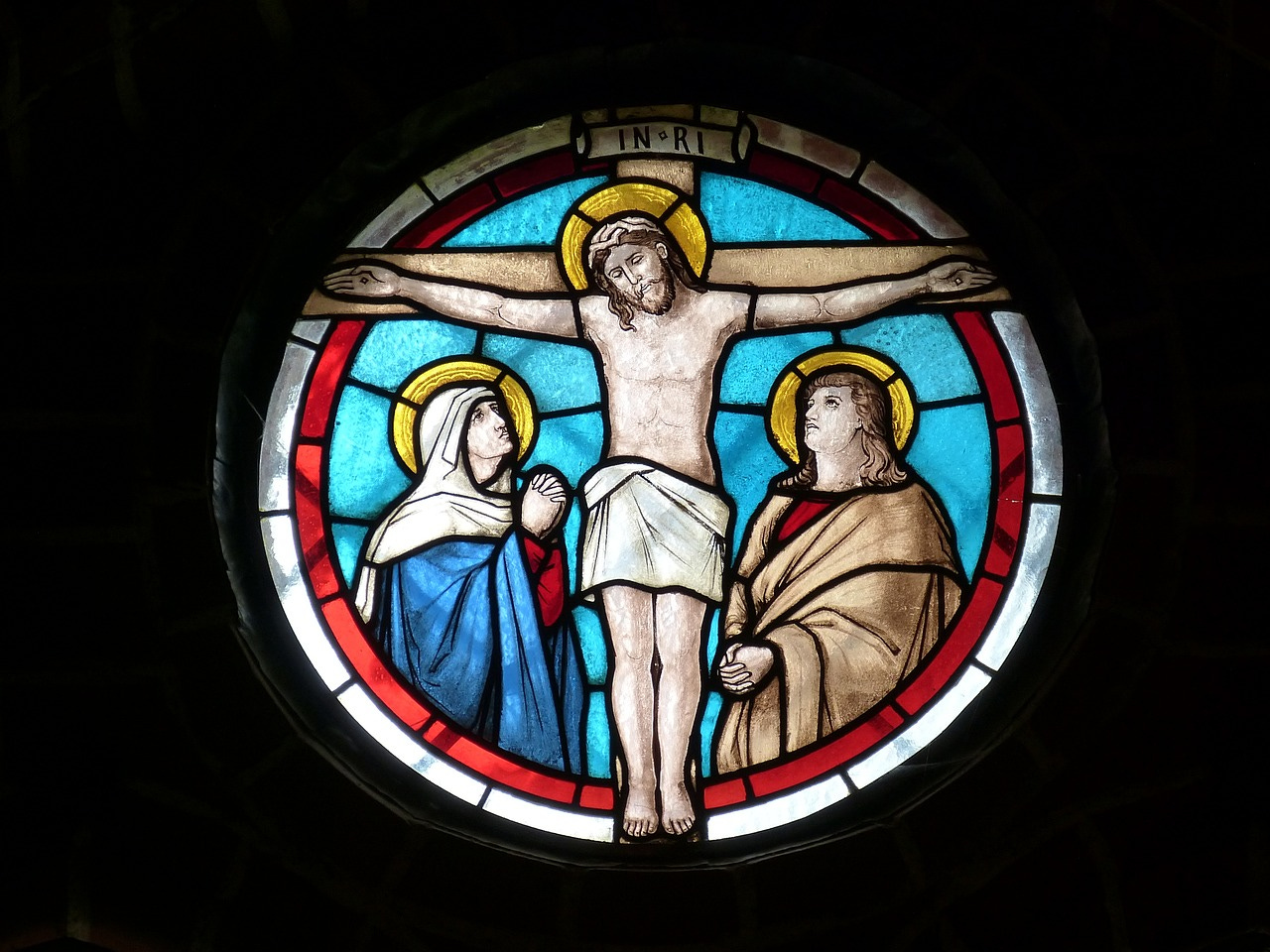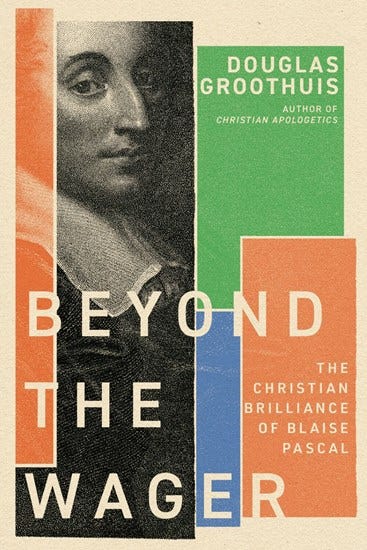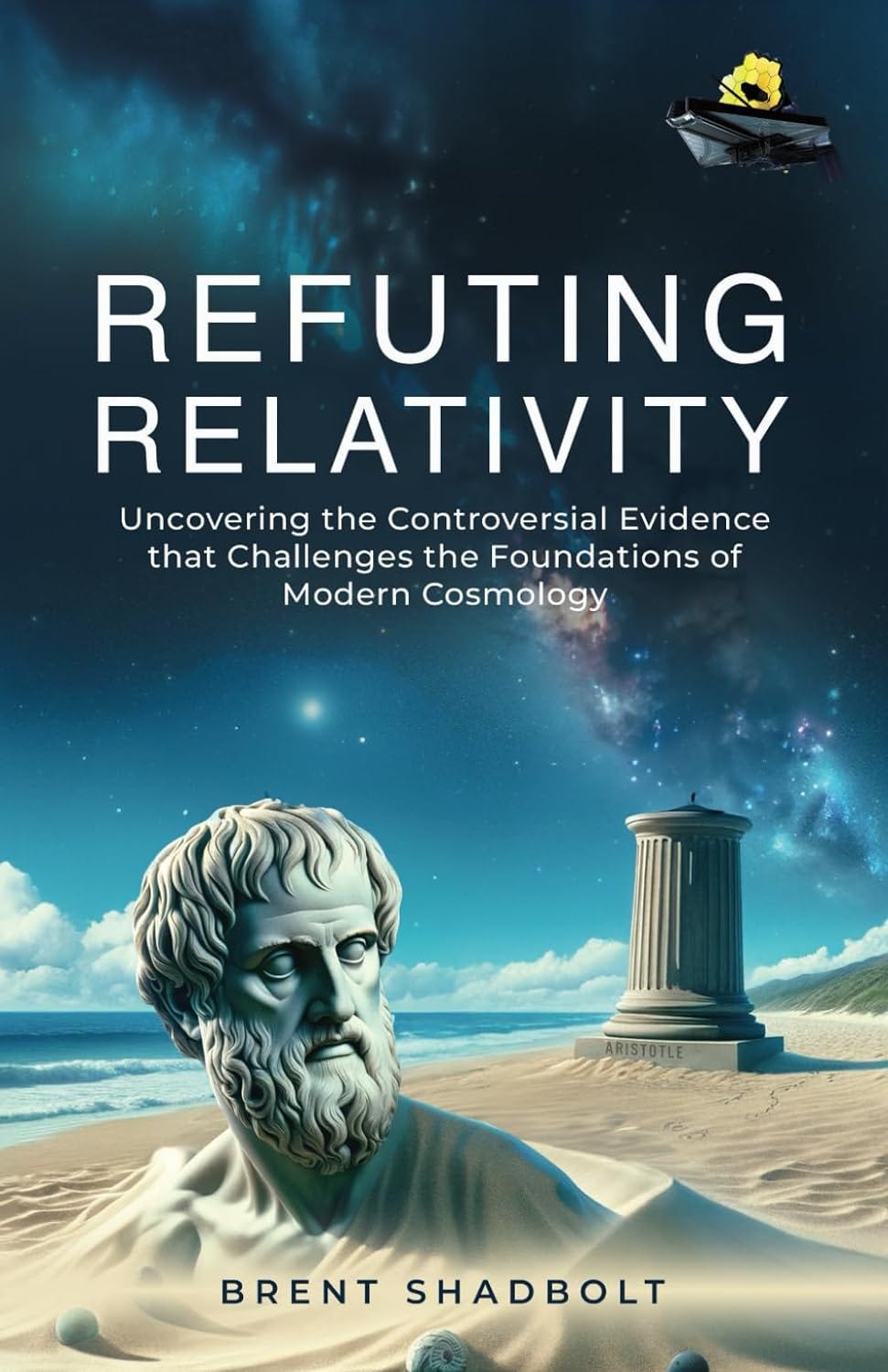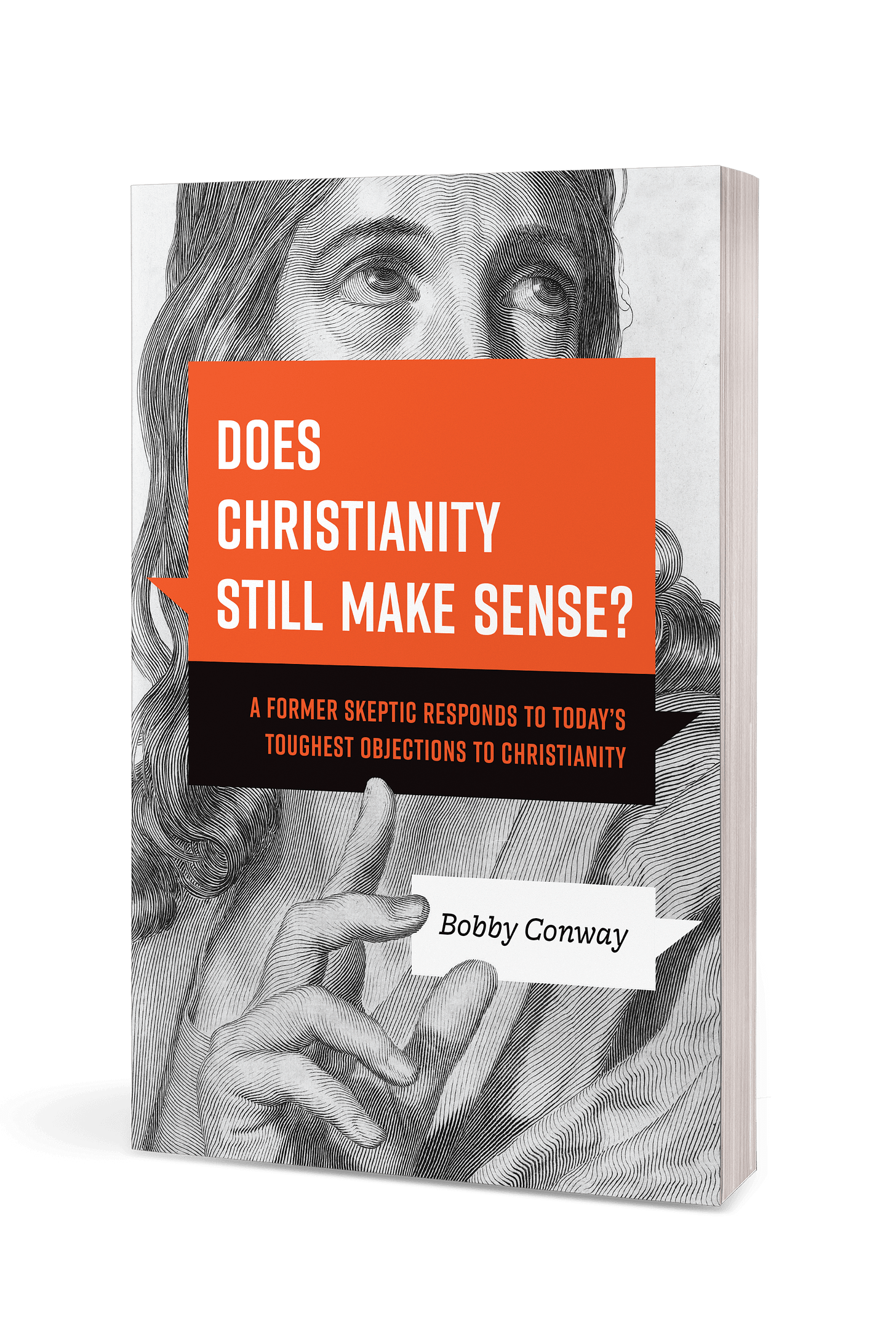The question was raised on a C. S. Lewis listserv I belong to, “What is beauty?” One answer, from Lewis scholar Jim Prothero, was that beauty is “holiness made visible.” Another correspondent questioned the adequacy of that formula. A Prostitute may be beautiful but is hardly holy, she noted; Jesus’ mangled body on the cross was holy, but hardly beautiful.
How do we sort through all this complexity? It would be impossible to attempt an answer in a short essay that anyone would be willing to plough through. But I will attempt to steer my way between the Scylla of adequacy and the Charybdis of silence by offering a few random thoughts, as inadequate (this I know) as they are tantalizing (this I hope).
We had better start with some definitions. Beauty, along with Truth and Goodness, are known as “the transcendental values” because they are self-justifying. That is, they are so basic that it is hard to see how they can be justified in terms of any other value lying behind them. All other values are valuable in so far as they exemplify or participate in one of the transcendentals. This proposition seems self-evident when you think about it, but it raises the questions of how the transcendentals relate to each other and whether they might have a source that would explain their inescapably transcendent status.
I suggest that there is one answer that does justice to both questions. Only one source could lie behind the transcendentals, and that source would have to be Transcendence itself. Therefore, Truth is the reflection of God’s mind, Goodness of His character, and Beauty of His glory, as they are found in the world He has made. Thus I try to summarize the matter in my longish scholarly essay on the topic.[1]
That gives us a place to start, but questions remain. Because the world is cursed and our minds fallen, we rarely encounter the transcendentals in their purity here below, nor can they be sequestered from our suffering. This complicates the way we have to relate to them. We can therefore be mistaken about all three transcendentals. But it hardly follows from this either that they are not real or that we are utterly incapable of recognizing them truly. For Christ, their ultimate Source, has entered the world redemptively and consequently even suffering and sorrow have been taken up into them. In the case of Beauty (to get back to our original question), our minds can be fooled by surface prettiness. To explain all this more fully, I will need a sonnet.
LIFE
“Life is pain, princess. Anyone who tells you different is selling something.”
–Westley the Farm Boy
It’s not so much a matter of amounts.
When it comes to suffering, all men have their share.
They weep in taking their first breath of air
And rattle when their last one they renounce.
Between them, troubles wait their turn to pounce.
Adrift in apathy driven to despair,
Insistently continuing to care?
It’s what they let it do to them that counts.
Without deep hurt, true Beauty can’t be born.
Those who deny this truth have been abused
By surface prettiness the eye can see.
The real thing’s founded in the way we mourn:
In sorrow felt and bitterness refused,
In pain transmuted into poetry.[2]
How does this all work out in terms of our original question? Even the surface prettiness partakes of some faint hint of the real thing, however twisted. For, as Augustine teaches us, Evil is always a parasite on the Good. But true Beauty in its deepest form must be consistent with Truth and Goodness. The surface prettiness of the Prostitute is thus a perversion of Beauty, related to it by the real presence of good form and proportion, but not partaking of its fullness. And the surface ugliness of the Crucifixion hides the beauty of God’s holiness from those who do not penetrate deeper to see the meaning of His love. Instead of that, they can see only “cosmic child abuse.” Thus they miss the Beauty of Christ’s sacrifice precisely by missing also its Goodness and its Truth.
Prothero wants us to pursue “something higher and more beautiful than beauty, which, like joy, is not an end (a frequent mistake made in our culture) but a sign of higher things.” Yes; I see what he means. I think I agree, though I would not say it quite like that. I would put it this way: We only see Beauty in a partial and distorted way unless we see it as related to Truth and Goodness and see their unity as abiding in God. The Prostitute’s beauty is not unreal, but it is partial and therefore distorted—physical only. Because Beauty in its fullness is related to Truth and Goodness, it cannot be seen with the eye alone, but only with the mind—and only fully by a mind renewed and enlightened by grace. The Prostitute still has the part that the eye can see—but only that. And the mind enlightened by grace can see the deeper Beauty in something like the Crucifixion where the eye’s part is missing.
So Prothero’s formula, “Beauty is visible Holiness,” is I think true in an ultimate sense, but it is not a truth that we can hope to see on first inspection, and never when the inspection is made by the eye alone. I don’t ever expect to see Mother Teresa’s face gracing the cover of Cosmo; but I’ll bet she was very beautiful to the poor of Calcutta, and I’ll bet they saw that beauty even in the specific features of her face: the compassion in her eyes, the love in her smile.
Inadequate? Surely. Tantalizing? We shall see. You can always still read that longish scholarly discussion.[3]
Notes
[1] Donald T. Williams, “A Tryst with the Transcendentals: C. S. Lewis on Goodness, Truth, and Beauty,” published as a series of chapters in Reflections from Plato’s Cave: Essays in Evangelical Philosophy (Lynchburg: Lantern Hollow Press, 2012): 81-139.
[2] Donald T. Williams, Stars Through the Clouds: The Collected Poetry of Donald T. Williams, 2nd ed. (Lynchburg: Lantern Hollow Press, 2019): 400.
[3] In Reflections from Plato’s Cave, op. cit.
— Donald T. Williams, PhD, is Professor Emeritus of Toccoa Falls College. A border dweller, he stays permanently camped out on the borders between serious scholarship and pastoral ministry, theology and literature, Narnia and Middle-earth. He is the author of fourteen books, most recently Answers from Aslan: The Enduring Apologetics of C. S. Lewis (Tampa: DeWard, 2023).
Readers like you make The Worldview Bulletin possible. It takes a significant investment of time and energy to bring you the best in Christian philosophy and apologetics on a weekly basis. Please consider making a one-time donation at our secure giving site to support our work.
[sponsored]
Beyond the Wager: The Christian Brilliance of Blaise Pascal
Blaise Pascal, the seventeenth-century French philosopher and scientist, is perhaps best known for his "wager," an argument about the existence of God. But there was much more to Pascal and his brilliance.
In this accessible and well-documented study, philosopher Douglas Groothuis introduces readers to Pascal's life as well as the breadth of his intellectual pursuits, including his contributions to mathematics, science, ethics, and theology. Groothuis overviews the key points of Pascal's Pensées, which captures his thoughts about God, humanity, and Jesus Christ. Readers will also explore Pascal's views on a range of topics, including culture, politics, Islam, and miracles.
With guidance from a leading Christian thinker and longtime student of Pascal, Beyond the Wager takes you on a journey to discover the riches Pascal has to offer today.
“Philosopher Douglas Groothuis has devoted decades to studying, teaching, and writing about Blaise Pascal, and it shows. Groothuis skillfully addresses Pascal's fascinating life, scientific achievements, theological controversies, apologetic efforts, and more. His adept presentation of Pascal's unique anthropological argument for Christianity is particularly superb.”
— Robert Velarde, author of A Visual Defense: The Case For and Against Christianity
“Douglas Groothuis’s analysis of Pascal is so relevant today, as the culture drifts further away from absolute truth.”
— David N. Sonnesyn, author of ...LIKE GOD?": Post Modern Infatuation With New Age and Neo-Spiritism
“I have been reading Blaise Pascal's writings as well as other contemporary writers and apologists who have discussed Pascal and his ideas for at least three decades. Beyond the Wager: The Christian Brilliance of Blaise Pascal is one of the finest introductions to this amazing Christian thinker available. Douglas Groothuis's fine book is both substantive and accessible—a must-read for all of us contemporary Pascalians.”
— Kenneth Samples, senior scholar with Reasons to Believe
See our recent excerpt from Beyond the Wager here.
Find Beyond the Wager at InterVarsity Press, Amazon, Barnes & Noble, Christianbook.com, and other major booksellers.
Refuting Relativity: Uncovering the Controversial Evidence that Challenges the Foundations of Modern Cosmology
Are we standing at the precipice of a paradigm shift in our understanding of the cosmos?
Recent revelations from the James Webb Space Telescope have challenged the established model of an expanding universe, prompting scientists to question whether the entire model is in fact, fundamentally flawed.
Refuting Relativity pulls no punches as it reviews a century of scientific thought to show that the current crisis in cosmology can be traced back to Einstein’s theories of Relativity. Einstein’s ideas are clearly presented in their historical context, and the predictions and tests of both Special and General Relativity are carefully examined to show that they are not as conclusive as once thought.
Does the speed of light truly define the universe’s ultimate speed limit? Is curved spacetime our most accurate representation of reality, or have we been led astray by abstract Aristotelian thinking into believing in mathematical constructs that don't actually exist? By reinterpreting the mathematical underpinnings of Relativity, this book uncovers a clearer understanding of its real-world implications.
Find Refuting Relativity at Amazon.
"...LIKE GOD?": Post Modern Infatuation With New Age and Neo-Spiritism
“In this thorough and well-researched work, David Sonnesyn brings a lawyer’s mind to the task of exposing and challenging the leading false worldviews of our day. He leaves no heresy unexposed and exposes all of them to the liberating truth of Christianity.”
— Douglas Groothuis, Professor of Philosophy at Denver Seminary and author of twenty books including Beyond the Wager: The Christian Brilliance of Blaise Pascal and Christian Apologetics, 2nd ed.
Find . . . Like God? at Xulon Press, Amazon, and other major booksellers.
Does Christianity Still Make Sense?
A Former Skeptic Responds to Today’s Toughest Objections to Christianity
Does Christianity still make sense? Years after Bobby Conway became a Christian, this question haunted him. Even though by then he was the pastor of a thriving church, it seemed as if his entire belief structure was being dismantled. Had he been duped? Perhaps you can relate to how Bobby felt. Maybe you find yourself questioning in the same way.
In this book, Bobby describes his own long journey through chronic doubt to a settled and confident trust. In this book, he responds to the twenty toughest challenges to the Christian faith, including these difficult questions:
Why are there so many scandals in the Church?
Aren’t Christians just a bunch of hypocrites?
Why do Christians use God’s name to oppress others?
Why are so many Christians racists?
Why does God allow evil in the world?
Is there reliable evidence for God’s existence?
“Bobby Conway is one of the most honest truth seekers I know. He shares the personal doubts and questions he has wrestled with in his life, but also the compelling reasons he remains a Christian. This book has depth, but it’s also accessible, interesting, and honest.”
— SEAN MCDOWELL, associate professor of apologetics at Biola University and coauthor of Evidence for Jesus
“Not only does Christianity still make sense, so does Pastor Bobby Conway! I doubt you’re going to find more succinct and practical answers to the modern objections to Christianity than you’ll find in this book. Highly recommended for everyone, but especially for young people who are being bombarded by deceitful messages and harmful ideologies.”
— FRANK TUREK, president of CrossExamined.org and coauthor of I Don’t Have Enough Faith to Be an Atheist
Find Does Christianity Still Make Sense? at Amazon, Barnes & Noble, Christianbook.com, Tyndale, and other major booksellers.
Advertise in The Worldview Bulletin
Do you have a ministry, book, course, conference, or product you’d like to promote to 7,151 Worldview Bulletin readers? Click here to learn how. We’re currently booking for May-June.
Would you like to grow in your knowledge of and ability to defend the Christian worldview?
Would you welcome the opportunity to learn from world-class Christian scholars and apologists?
If so, please consider subscribing to The Worldview Bulletin. You’ll receive exclusive articles, access to our full archive of past essays, the ability to join our video tutorials and presentations, as well as stream them at your convenience.
You’ll also be supporting our work of equipping Christians around the world to contend for the faith and demonstrating the truth, goodness, and beauty of the Christian worldview.
If you prefer to give a one-time donation instead, you can do so here. We couldn’t do this work without the support of our readers.
Thank you!
“Staffed by a very respected and biblically faithful group of Evangelical scholars, The Worldview Bulletin provides all of us with timely, relevant, and Christian-worldview analysis of, and response to, the tough issues of our day. I love these folks and thank God for their work in this effort.”
— JP Moreland, distinguished professor of philosophy, Talbot School of Theology, Biola University, author of Scientism and Secularism: Learning to Respond to a Dangerous Ideology (Crossway)
“I find The Worldview Bulletin very stimulating and would encourage all thinking Christians to read it.”
— John Lennox, emeritus professor of mathematics, University of Oxford, emeritus fellow in mathematics and philosophy of science, Green Templeton College, author of Cosmic Chemistry: Do God and Science Mix? (Lion)
“It has made such a difference to me to realise that my Christian faith is intellectually respectable.” — Duncan Cooke, M.D.
“I just wanted to give a big shout out to you for creating this awesome newsletter. . . . I read it regularly with great joy and gain, not least because the articles manage to be intellectually thorough whilst spiritually stimulating. And my standards are high, being a professional philosopher.”
— Alin C., Lausanne, Switzerland
“The Worldview Bulletin is a must-have resource for everyone who’s committed to spreading and defending the faith. It’s timely, always relevant, frequently eye-opening, and it never fails to encourage, inspire, and equip.”
— Lee Strobel, New York Times bestselling author of more than forty books and founding director of the Lee Strobel Center for Evangelism and Applied Apologetics
“The Worldview Bulletin is a wonderful resource for the church. It’s timely and helpful.” — Sean McDowell, associate professor in the Christian Apologetics program at Talbot School of Theology and author of The Fate of the Apostles: Examining the Martyrdom Accounts of the Closest Followers of Jesus (Routledge)
“The Worldview Bulletin is a wonderful resource for those desiring to inform themselves in matters of Christian apologetics. Learn key points in succinct articles written by leading scholars and ministers. All for the monthly price of a cup of coffee!”
— Michael Licona, associate professor of theology at Houston Christian University and author of Why Are There Differences in the Gospels? What We Can Learn From Ancient Biography (Oxford University Press)
“Are you looking for a way to defend your Christian worldview? If so, look no further. At The Worldview Bulletin you’ll encounter world-leading scholars dispensing truth in a digestible format. Don’t miss out on this unique opportunity to engage in this meeting of the minds.”
— Bobby Conway, Founder of The One-Minute Apologist, author of Does God Exist?: And 51 Other Compelling Questions About God and the Bible (Harvest House)







This reminds me of Platonic forms (although I have read only little of Plato so if I’m mistaken I ask for grace). For example, that something participates in beauty (the prostitute) but only partially seems to touch on it. For to say it’s partial means that we possess some understanding of the what the whole would be. Christ’s death on the cross participated in a fuller way but not the same way. To see it requires a deeper look.
Love this stuff. Thank you for the essay.
"We only see Beauty in a partial and distorted way unless we see it as related to Truth and Goodness and see their unity as abiding in God."
This statement brought to mind an article I read a while back about Humming Birds I offer as a physical analogy. We humans and many other species have 3 color receptors in our eye; Red, Blue and Green which allows us to see in color. But, apparently, not fully. Humming birds have a 4th receptor; Ultraviolet! Try to imagine if you could see also in the ultraviolet spectrum. Could this be similar to seeing Beauty? It is said by some that, "Beauty is in the eye of the beholder" but it must be that to behold that which is transcendent, Beauty,Truth, Goodness etc. must be "seen" by that which is transcendent; the Soul. And, therefore, a soul that is not attuned to the God who Created it, can only see Beauty in part or "skin deep".